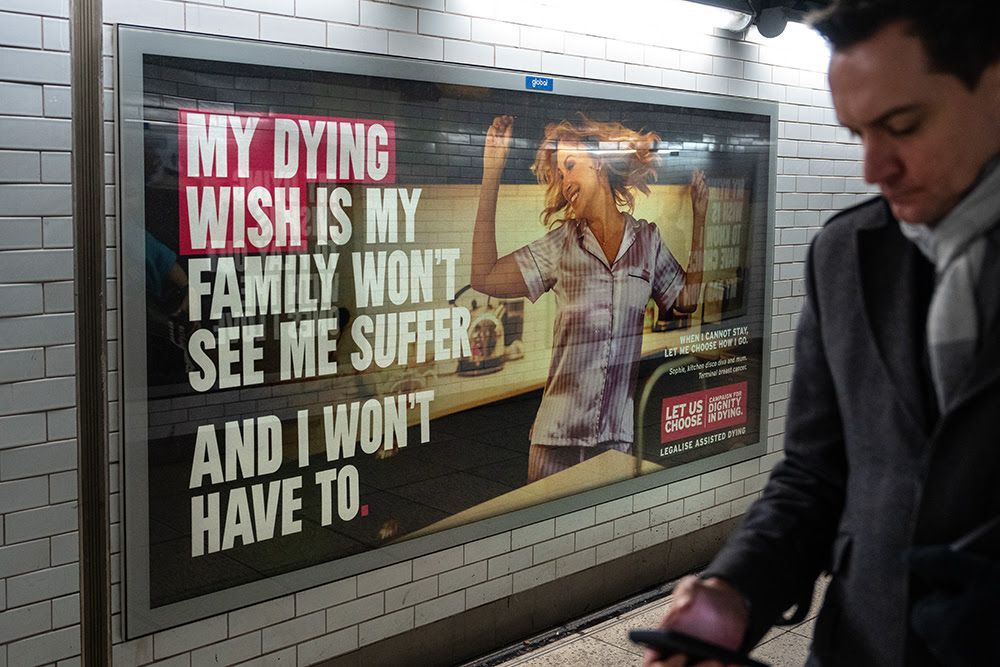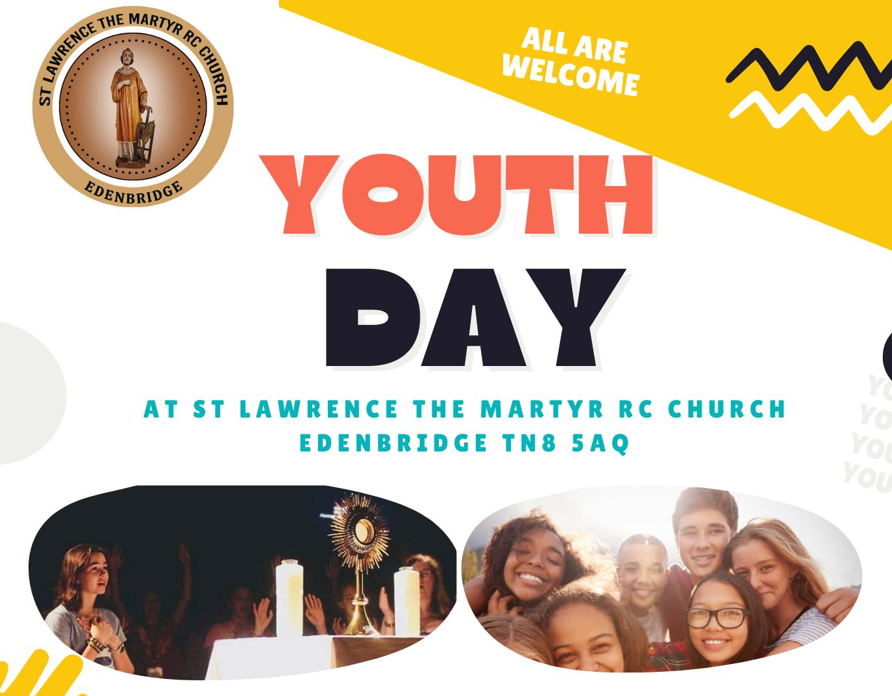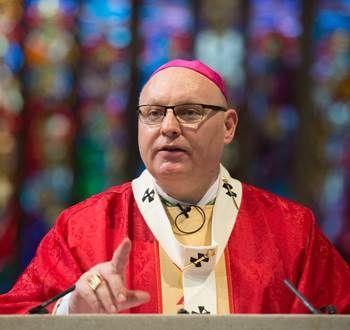A message from Tom Tugendhat MP about Assisted Dying
Don’t be fooled by the euphemisms around assisted dying

It’s funny the ways we lie to ourselves. The little lies. The white ones. We say we’re exhausted when we mean we’re unfit. That we’re joyful when we’re drunk. That we want to be alone when in fact we’ve simply been left out.
Parliament is the same. We invent ways of saying things to mask the reality of the debate. But when we’re choosing how our citizens live and die, shouldn’t we be honest with ourselves at least? Shouldn’t we try to be as clear as possible?
Euphemisms in the assisted dying debate cloak it in language of compassion and discretion, but behind the veil there are some ugly truths. Some MPs debating the law are offended by terms such as suicide and killing, but if we hide from the reality of the words we use in the debate, we will also hide from the reality of the law.
Just start with the title. What is assisted dying? Suicide exists. Killing exists. Both are real, longstanding, legal concepts. But assisted dying? That’s a phrase suspended between the act and its denial.
The bill claims to offer choice, dignity and control. But its language and its silences speak volumes about who holds power and who is expected to disappear quietly. Patients are not poisoned, they are ‘assisted’. Doctors don’t kill, they ‘participate in the process’. Institutions aren’t forced to comply, they’re just not ‘protected’ from being compelled. Patients ‘take life-ending medication’, as if it’s a herbal tea. Death is cleaned, blanched and euphemised.
This new bill doesn’t just hide the reality of its actions; it hides the decision from the family. Those who loved, cared for, understood and knew the patient won’t just be left out; they may be completely in the dark. In the bill there is no requirement to inform them of the decision and no instruction to consult them. A doctor may suggest a conversation but if the patient refuses, no one is told.
The bill says this is for ‘protection’. But whom does it protect? Not the patients – they will be dead. What about the families? No, they’re abandoned to their solitude and silence. It protects the providers, those licensed by the state. Instead of ensuring openness, it ensures the process is unchallengeable. Any hint of coercion, any trace of error will be gone as the only witness will have ‘agreed’ to the process. It removes from the record all those who might object. It is the bureaucratic state insulating itself against the consequences of its power.
A son or daughter may first learn of their parent’s death when called to collect the body or notified as executor of the will. They may search for answers but find none. The bill’s minister, Stephen Kinnock, himself acknowledged the bleak reality: if someone chooses to die at home, alone but for a doctor, after death ‘could be the first time [the family] are hearing about it’. A chilling line.
The famous and powerful are unlikely to face this subjugation of their agency to the state’s convenience. It will be the marginalised and the vulnerable. The father separated from his children whose monthly visits are loving but distant; the child cared for by the state who believes they are a burden to their parents. The state may offer an end to someone that those who know them best would do anything to stop, but they may not even be consulted. The reality – that a legal structure will be built to exclude those who actually know and love the person – is disguised by the euphemism of ‘choice’.
The bill shows that even ministers and medical professionals will be steamrolled if they object. It states that if the law hasn’t been fully implemented in four years, if ministers or doctors haven’t concluded the difficulties with its operation or been able to make it work, it just kicks in anyway. No parliamentary sign-off. No guarantee of readiness. All to prevent doctors, ministers, even parliament, from blocking ‘progress’ – another euphemism.
There is a quiet revolution happening here. A transfer of authority from the citizen to the state. The state sets the rules, oversees the death, manages the aftershock and maintains the record.
This is the true cruelty: that we are not just allowing people to die, but encouraging them to do so quietly, bureaucratically, without witness. The message is clear: dignity lies in silence. Autonomy means no one else gets to care.
Nowhere is this clearer than in the bill’s treatment of hospices where real assisted dying, helping people to die well, already happens. Under current wording, institutions, whether secular or religious, could be forced to host suicides or medicalised killing even if it violates their founding principles. The bill provides conscience protections for individuals, but not for the institutions that define how thousands receive care at the end of life.
The hospice movement, born out of Dame Cicely Saunders’s vision, was never designed to end lives but to accompany them to their natural conclusion. ‘You matter because you are you,’ she said. ‘You matter until the end of your life.’ This bill threatens to dissolve that distinction. If it passes unamended, it will force a radical redefinition of care itself; what it means, what it is for.
The bill’s supporters want it to be seen as kind. But kindness requires truth. And the truth is that a person facing death deserves more than a clinical bureaucracy. They deserve family, transparency, disagreement, hesitation, even heartbreak.
Every euphemism in this bill is a small abdication, a way of authorising an act and turning away from the reality, while pretending we haven’t. We can’t hide from the weight of what we’re sanctioning behind the lightness of how we speak about it, and whatever outcome we want, it should be based on the truth. We need brutal honesty, not sanitised language.
Tom Tugendhat MP




